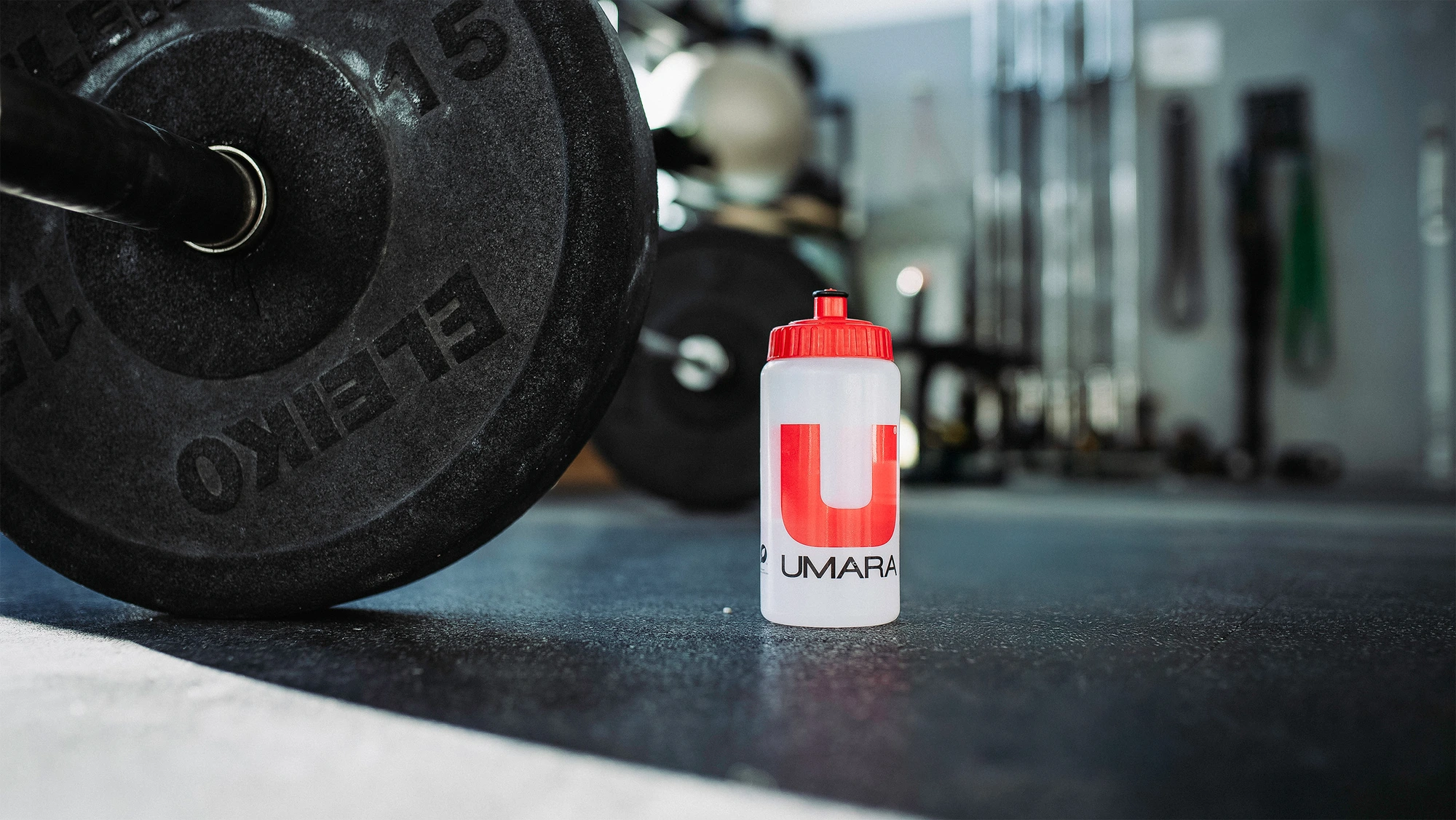
Supplements for peak performance in endurance sports
Navigating the multitude of supplements available on the market can feel overwhelming. Here we provide a guide to those that are most researched and have the strongest evidence for improving performance.
The most important supplements are Nitrate/Beet Juice, Caffeine, Bicarbonate, Beta-Alanine, and Creatine, all with scientifically proven performance-enhancing effects for endurance sports. All these supplements are taken before physical activity for optimal performance. Some need to be built up over time, while others can be taken shortly before the start.
Read on and consider which ones you might want to try!
Caffeine
There is no doubt that caffeine improves performance unless you have a specific genetic makeup that makes you a non-responder - which is very rare among us.
The benefits of caffeine arise when it enters the bloodstream and affects our adenosine receptors in the central nervous system (CNS). Adenosine is a neurotransmitter that attaches to these receptors and dampens CNS activity. This ensures that we calm down, our blood pressure drops, and we become tired. The level of adenosine in our blood increases during the day, and in the evening, when it attaches to more receptors, we feel tired. If the oxygen level in the blood is low, adenosine levels rise even faster. This functions as a safety mechanism to ensure that our body and brain do not overexert themselves, for instance, if we faint or experience high stress due to insufficient oxygen. Essentially, adenosine acts as a speed limiter for the brain, ensuring that we become tired.
What's interesting about caffeine is that its molecular structure resembles adenosine, allowing it to bind to the same receptors. This prevents adenosine from binding to the receptor, which keeps us from becoming tired and essentially bypasses the "speed limit."
A dose of 3-6 mg of caffeine/kg body weight one hour before activity is recommended. If you are used to caffeine, for example through coffee, you may need up to 6 mg/kg. In contrast, if you are not accustomed, 3 mg/kg might suffice. Be cautious, as higher doses can cause negative effects. Caffeine is proven effective for everything from short, intense sprints to longer sessions.
Read more about caffeine

The benefits of nitrate include reduced oxygen consumption during exertion, resulting in improved performance. This is due to nitrate, which is found in beet juice or in pure form and converts to nitric oxide. This process dilates blood vessels, increasing blood flow and oxygen delivery to active muscles.
Most studies show effects from doses of 6-8mmol = 1 shot U Nitrate, but highly trained athletes with an oxygen uptake capacity above 60ml/kg/min may need higher acute doses or a consistent intake over three days before a competition. For these athletes, studies suggest doses between 12.5-19.5mmol are necessary. This is reasonable considering well-trained individuals already have an optimized vascular network, requiring more nitric oxide signaling for further improvement.
For acute intake, take a shot 2-3 hours before activity. For those who are extremely well-trained, one shot a day over 3-7 days before competition is ideal, with an additional dose 2-3 hours before starting.
Read more about Nitrate

Bicarbonate, or sodium bicarbonate as it is technically known, primarily functions by raising the blood pH. This helps the "acid" produced in the muscles to leave them and enter the bloodstream for elimination. As a result, you can maintain intense activity for longer and exert more effort during interval and threshold sessions. The recommended dose is 0.2-0.4 g per kg of body weight, taken 1-3 hours before activity.
Be aware that it tastes absolutely terrible. But its effectiveness is undeniable as long as you avoid stomach upset. A well-known side effect of bicarbonate intake is stomach pain due to gas production when the basic substance meets the acidic stomach. This has led many to be skeptical about the supplement.
Ongoing research is investigating how to encapsulate bicarbonate in acid-resistant capsules or similar forms to prevent negative stomach reactions. With our product, U Bicarbonate, we have encapsulated the bicarbonate, reducing the risk of stomach issues.
Performance improvements range from 2-12% over various distances. The most pronounced effects occur during high-intensity activities lasting around 2-8 minutes when "lactic acid" is present.
Read more about Bicarbonate

Beta-Alanine works similarly to bicarbonate but in a unique way. While bicarbonate buffers the blood pH to allow more "acid" to leave the muscles, Beta-Alanine directly buffers pH within the muscle cells by increasing carnosine levels by 50-60%. It manages the "acid" right at its source. The recommended intake is 4-6 g/day for 4-12 weeks, which improves performance during high-intensity intervals lasting 1-4 minutes.
Beta-Alanine may cause a tingling sensation in the skin, which is harmless. You can avoid this sensation by taking smaller doses of 1-2 g several times a day while the levels build up.
Once you reach the desired level, it decreases very slowly (2% per week), so the benefits last a long time. Maintaining the "buffer" is also easier and only requires 3 g/week. On average, performance increases by 2.85%.
Read more about Beta-Alanine

Creatine is a supplement that has long been used among explosive and strength-based athletes but also has effects in endurance sports, partly because we should also engage in some strength training, but the effects are also present during more intense short intervals and hill sprints that are very similar to strength training.
Researchers agree that the intake of creatine provides a performance improvement of 4–8% regardless of gender, age, and previous training level during strength training and explosive repetitive movements. And we believe that the research clearly shows that strength training is an essential part of serious endurance athletes' training programs. Increased strength is injury-preventive and makes it easier to respond to bursts or sprints, whether it's running, cycling, or skiing.
We recommend using creatine primarily during the building season when most people focus more on strength training. Being able to lift a bit heavier or do a few extra repetitions can yield significant results over 2–6 months of foundational training and becomes a smart investment ahead of the competition season.
But since creatine also has benefits for endurance performance and recovery, it can advantageously be used year-round, regardless of whether the training focus is on strength or endurance
Read more about Creatine

